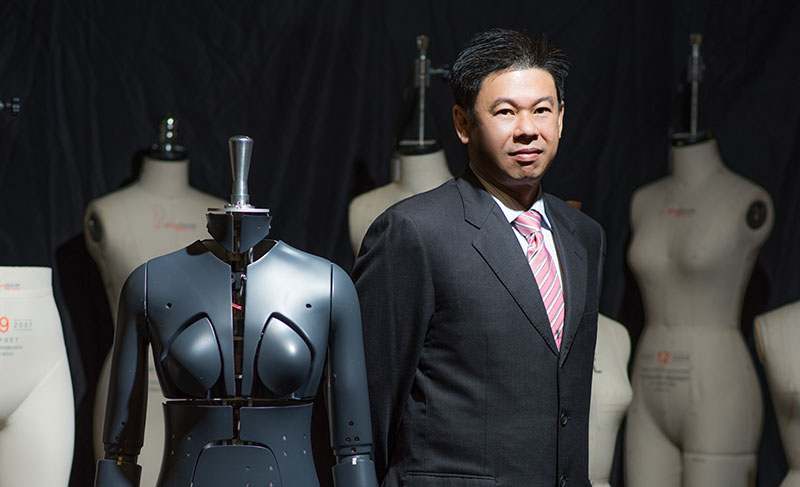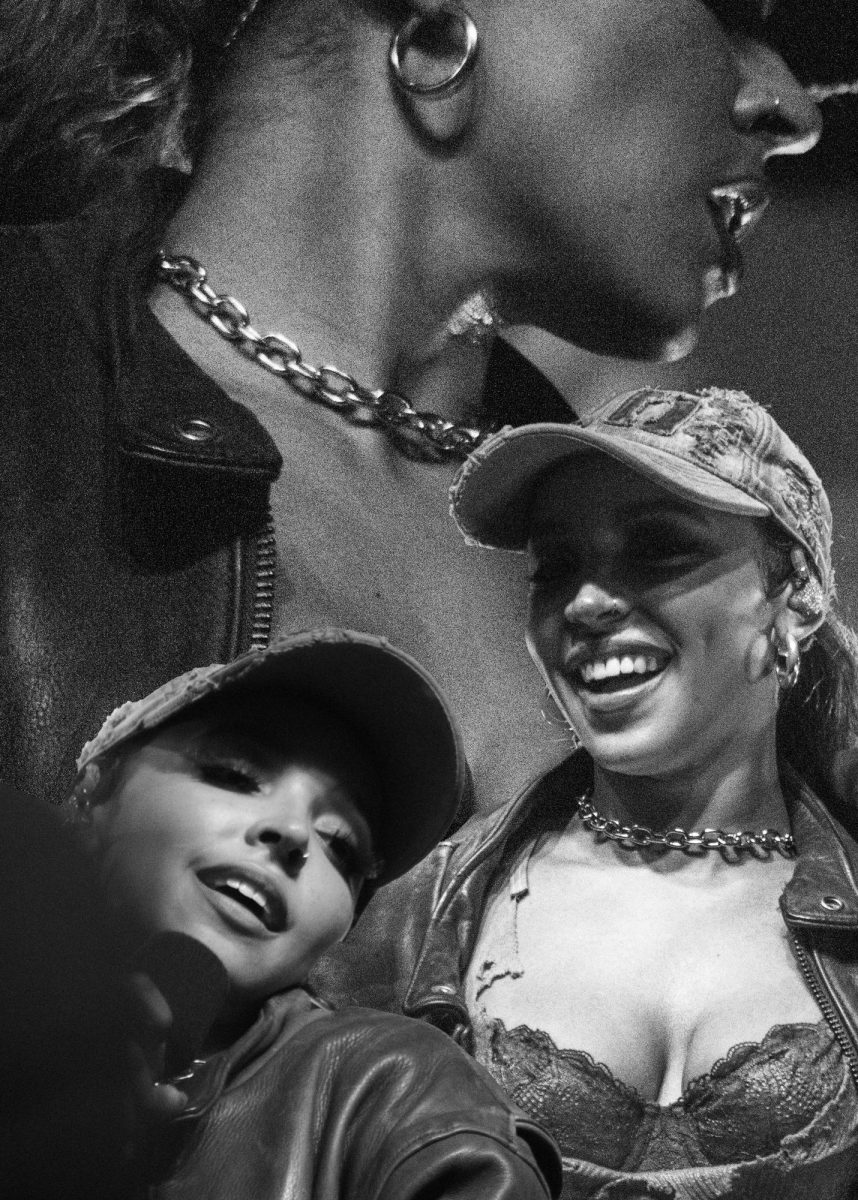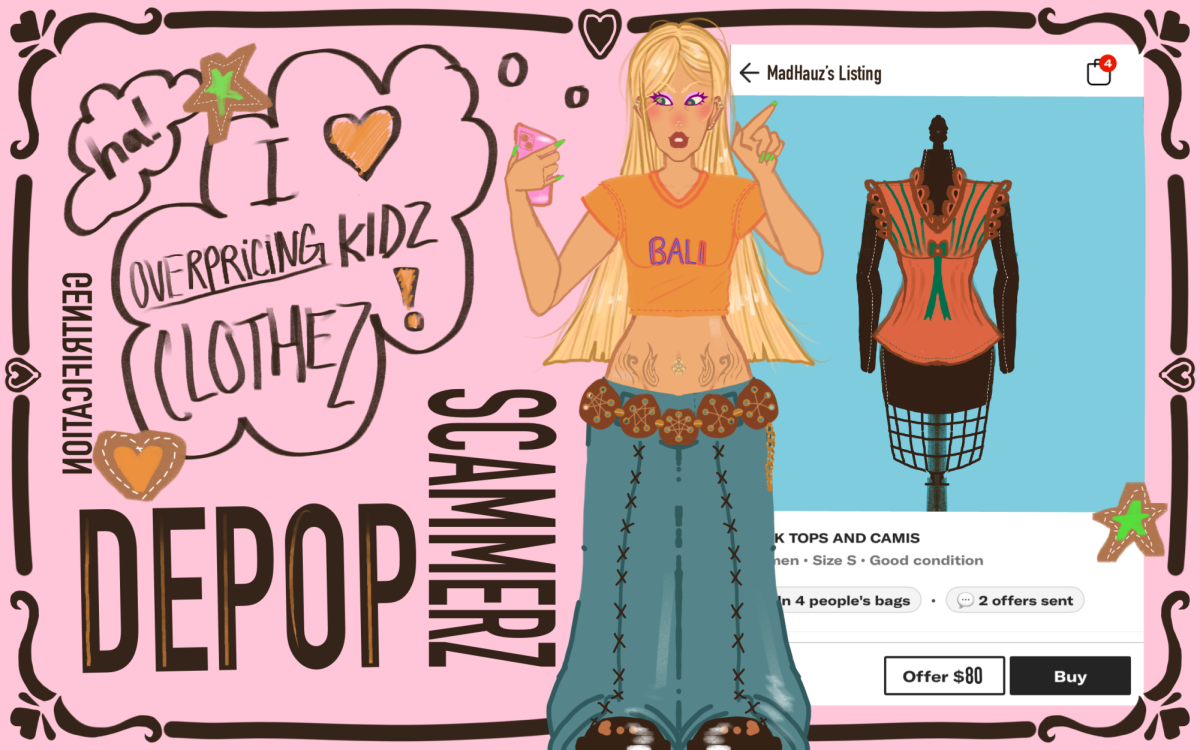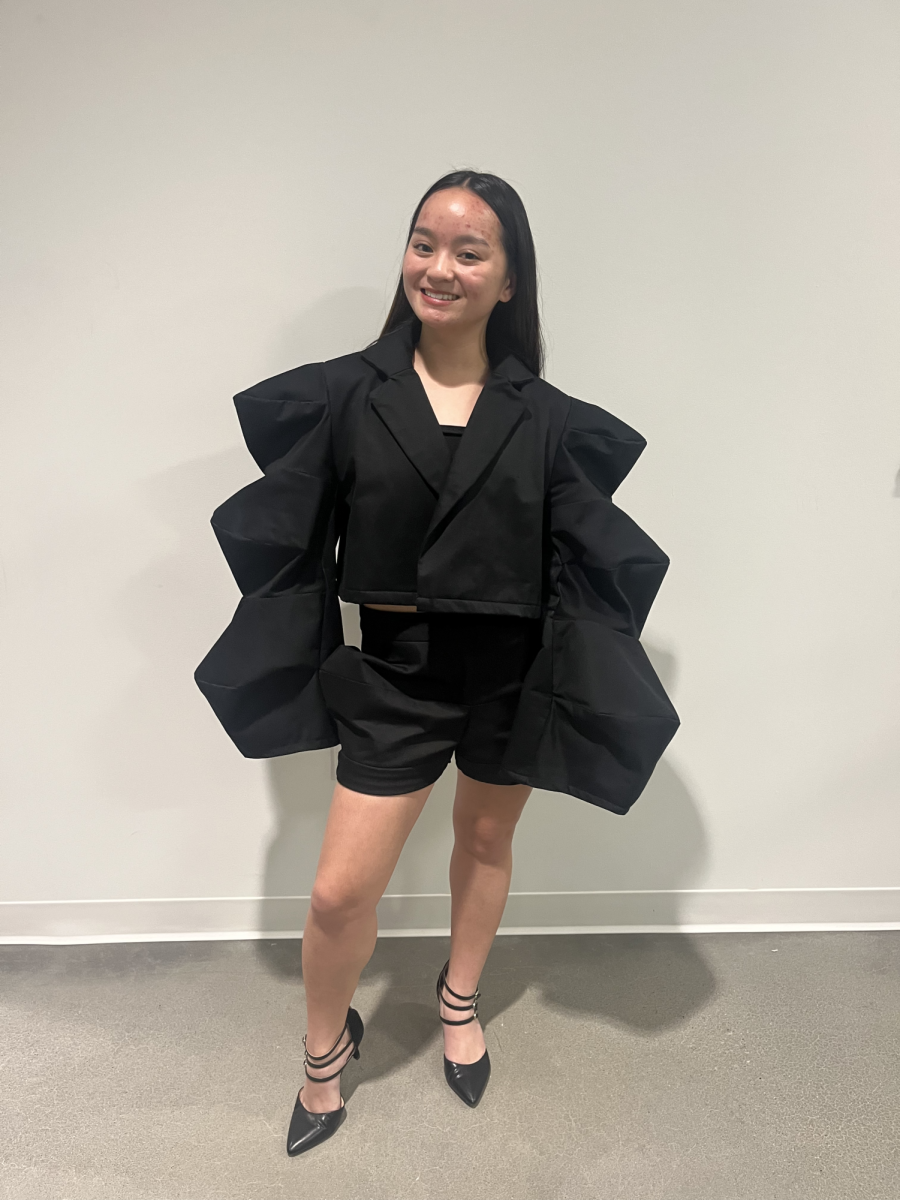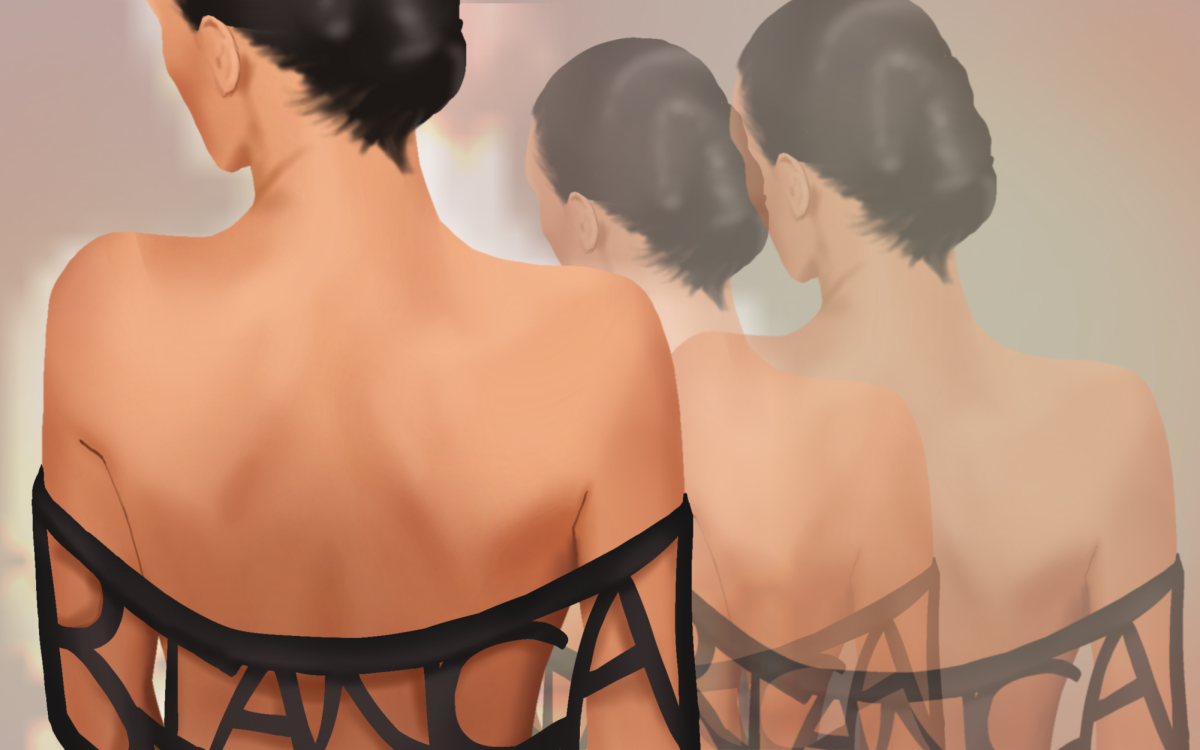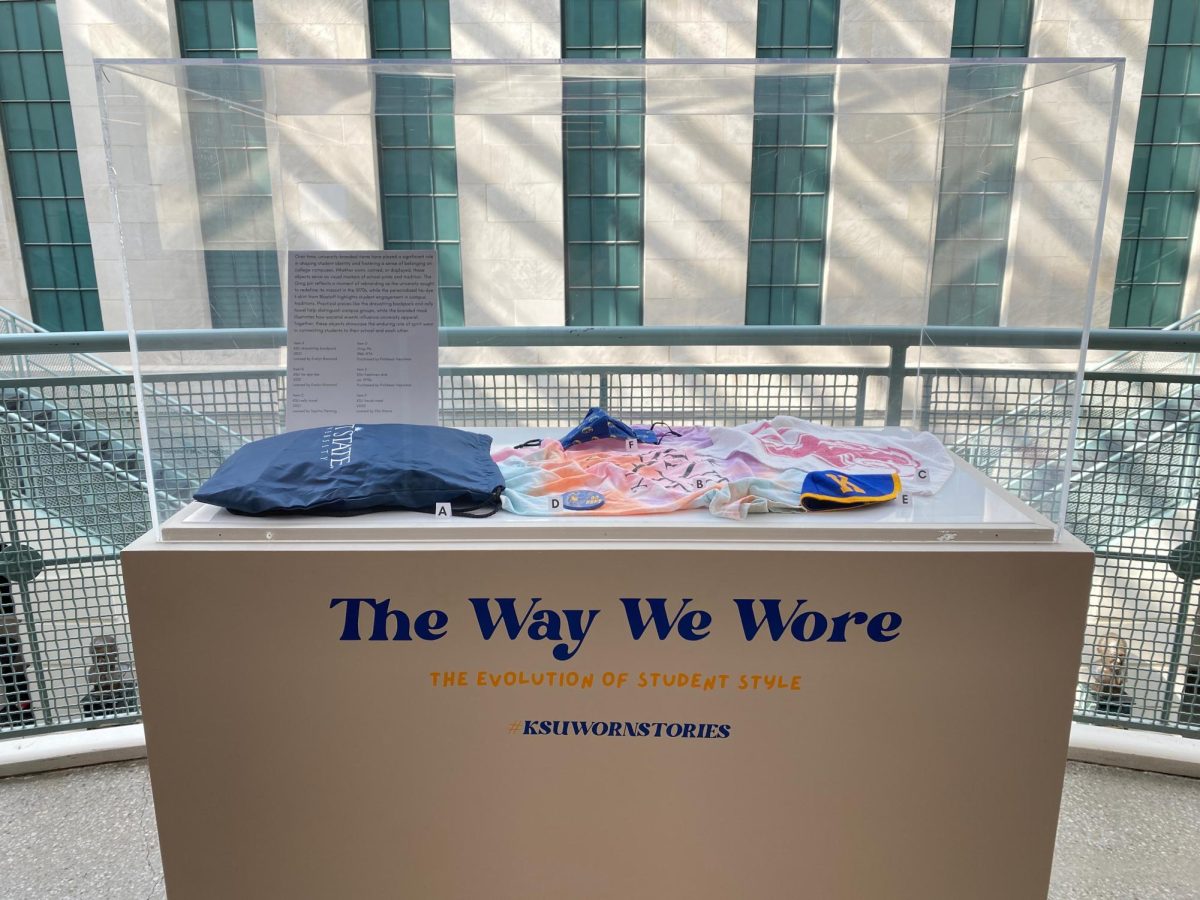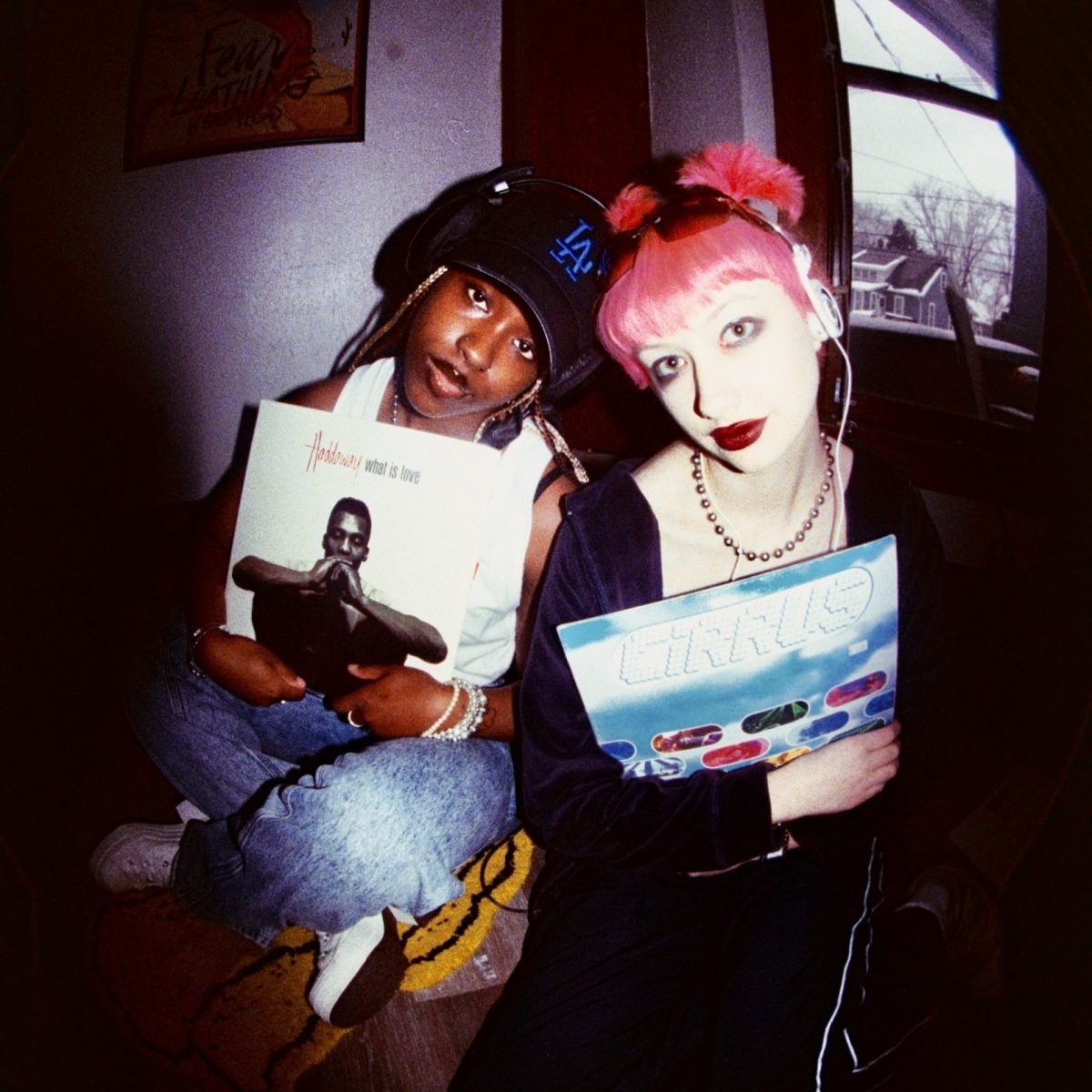As fast fashion becomes increasingly prominent among the fashion industry and designers find less time to create samples to match an exact style and fit, one company is helping fashion businesses from the expensive and time-consuming work that is prototyping.
Euveka, a French startup company, has introduced a robotic mannequin which can adjust its exact measurements at the press of a button. The idea of a mannequin which can fit any size or style of garment came nearly six years ago by founder Audrey-Laure Bergenthal, a former lawyer turned fashion design student, but the mannequin itself was not showcased in Europe until spring 2017.
The figure, made up mechanical parts, silicon and an outer layer of synthetic fabric to prevent static, was built with the natural curve of the female body in mind. It can either grow or shrink to match body types ranging from sizes 4-14 and ages 17-77-years-old.
“This is the new generation of mannequin,” Bergenthal tells Women’s Wear Daily. “The robot evolves on all key axes of the body and the construction of the garment, and it can reproduce a body-aging process, any kind of morphology, the beginning of a pregnancy…Either scan a person or enter the measurement, and the robot will evolve instantly.”
It doesn’t end there; the mannequins are able to wirelessly communicate with other Euveka brand mannequins all over the world. For example, if a European fashion house needs to link up with a production figure in China, both parties can sync up measurements rather than relying on files alone.
In the past decade, technology has greatly shaped how designers and consumers alike see the future of fashion. From the incorporation of social media to the use of artificial intelligence aiding in major business decisions, consumer buying behavior and lifestyle is constantly changing and developing.
Among Euveka, leading innovations in fashion technology are the Smart Coat by Emel and Aris, a self-heating luxury coat ethically sourced and cut from the best craftsman in Britain, and BearTek’s smart gloves, which sync to your cell phone or camera for users to answer calls, play music and managed lock functionality at literally just the lift of a finger.
There’s also the Google x Levi’s partnership, called “Project Jacquard,” resulting in a standard Levi denim jacket that can sync to your smartphone. Users can initiate smartphone tasks with simple gestures, like tapping their wrist to pause a song or set a navigation route.
With new technology comes opportunity for improvements in sustainability, as seen from the launch of the world’s first ever sneaker made completely out of recycled ocean plastic. The shoe, unveiled by Adidas x Parley, is just the beginning of Adidas CEO Eric Leitdke’s goal of taking the brands new recycling system to a global scale. As of September 2017, recycled plastics have been utilized in the manufacturing of Adidas’ Ultra Boost 3.0, Ultra Boost X and EQT Support.
As for Euveka’s robotic mannequins, the company is currently collaborating with design schools, luxury brands, sports brands and medical sectors in anticipation of the mannequin being released in the United States towards the end of 2018.
On her vision for the future of fashion design, Bergenthal says, “I really believe that someday, we won’t use screens anymore. We will be able to say to the robot, ‘Please, I want this garment. Show me the size. I want to see the pattern.’ And you will be able to have a fusion.”

